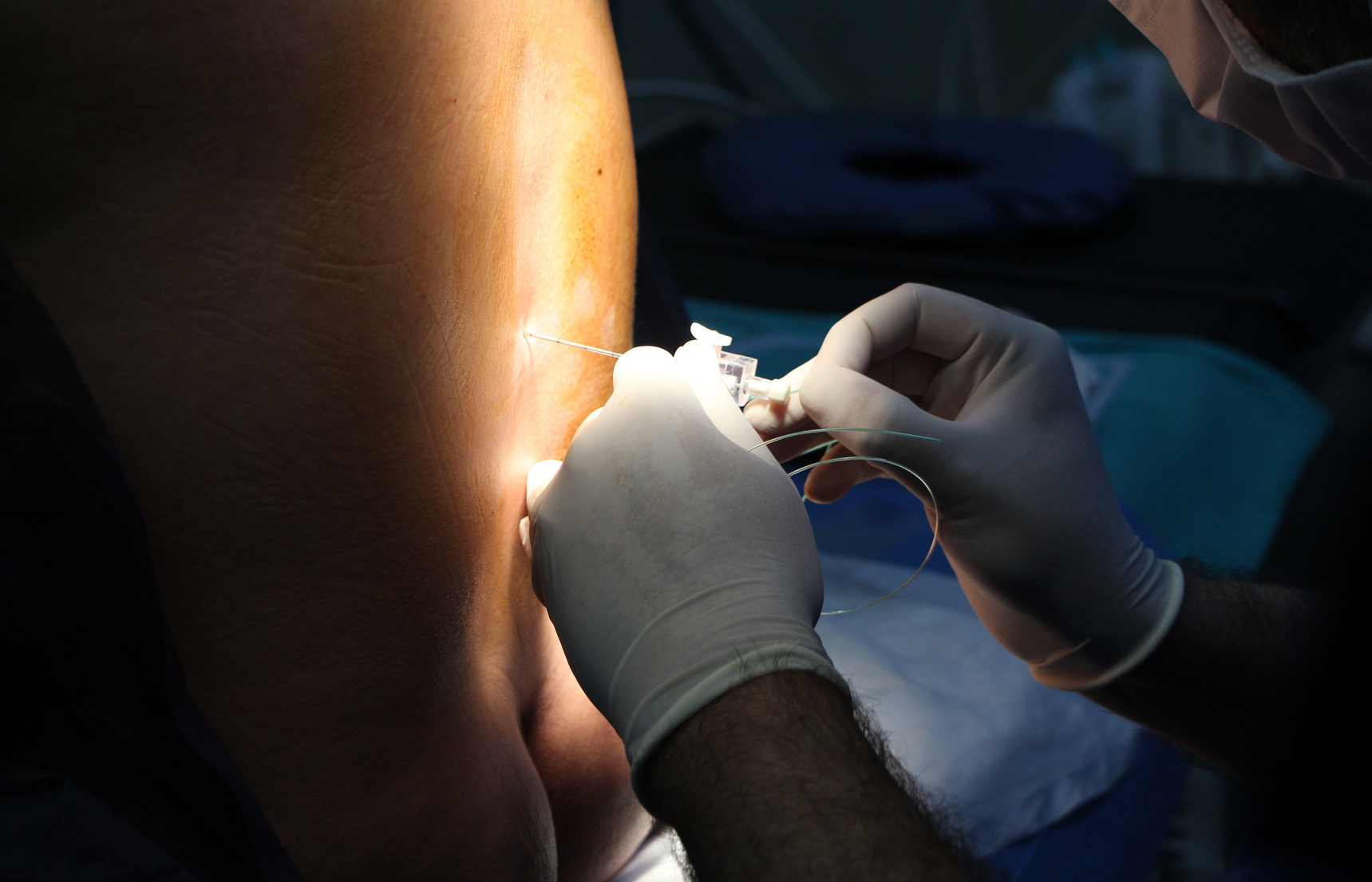What to Expect After Thoracic Spine Surgery
Knowledge is power, right? Well, having knowledge about what to expect after thoracic spine surgery is a powerful tool in recovery.
The decision to have thoracic spine surgery is not an easy one to make. It usually takes extensive consultation with your doctor, and often it’s after exhausting non-surgical treatment options.
Once you’ve made the decision to have thoracic spine surgery, here is a brief view of what to expect during the recovery process.
Hospital Stay After Thoracic Spine Surgery
Thoracic spine surgery patients usually remain in the hospital for 3 to 5 days. In order to be released from hospital care, patients need to:
- administer oral pain medications, as needed,
- get themselves up out of bed and walk around without assistance, and
- use bathroom facilities, regularly, without assistance.
Physical therapists are usually available to help you learn how to perform these tasks while protecting your recovering body.
Recovery Time
Once home, thoracic spine surgery patients can expect a recovery time of 3 to 6 months.
After the rehabilitation period in the hospital, home care includes:
- wound care,
- starting to integrate basic movements into your day, and
- working with a physical therapist (usually after 4 weeks).
Physical therapy usually lasts for 3 months and is conducted along with regular visits to your doctor.
Once you regain your normal strength and range of movement, you should be able to participate in activities that you enjoyed before going under the knife.
Activities
Of course, heavy lifting is discouraged for several weeks after thoracic spine surgery. This should be no surprise.
Specifically, you should avoid:
- bending or twisting your back often,
- lifting anything similar to the weight of a gallon of milk (5 lbs),
- running, vacuuming, doing laundry, mowing the lawn, and
- activities that make you feel back strain.
This means that planning ahead for how chores will be done is essential for a smooth recovery.
You will also not be able to drive for a few weeks. And even when you will be ready to hit the road, you will still need a neck brace, which may limit your range of vision. (delete these repeated words: For at least 2 months.) For at least 2 months, you will rely on a friend or relative for your transportation needs.
How Can I Help Myself Recover Faster?
- Move regularly. Ideally, you should take a light walk around your home every 1.5 – 2 hours you’re awake. This helps build muscle and prevents a build up of blood clots in your legs.
- Change positions. If you’re on the couch in the morning, try sitting at the table for lunch, and then outside on a patio in the afternoon.
- If you feel any pain, or pain increases, stop doing whatever you are doing.
- Ice can help your back if you experience pain. But remember to separate your skin and the ice pack with a towel. Do this for 30 minutes, 4 times a day.
- Wash your thoracic spine surgery wounds with soap and water daily. Do this in the shower, not in a bath.
- Keep the wound uncovered unless there is drainage.
What else?
With a decrease in physical activity, you’re likely to constipate. Make sure that your post-thoracic spine surgery diet consists of:
- fruits,
- bran cereal,
- lots of fluids.
Don’t be afraid to invest in laxatives if the diet is not helping.
Also, keep educating yourself on thoracic spine surgeries. The more you learn how to care for yourself, the higher your chances of having a swift recovery.
Remember, recovery is a process. It can be shorter or longer, often depending on factors such as your age, health prior to surgery and, importantly, how well you can take care of yourself.
By knowing what to expect after a thoracic spine surgery, you will be in a better position to prepare yourself accordingly and handle post-surgery stress.
Are you struggling with upper back pain? Do you want to know if you need a surgery? Contact us today and talk to a certified neurosurgeon.

